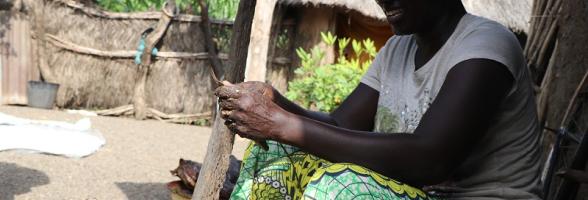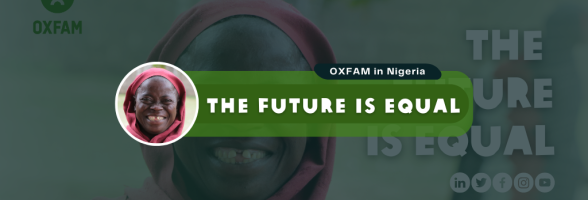Amid the increasing realities of poverty and its gender dimensions in Nigeria, a greater commitment to and efficient allocation of public resources in the country’s food sector, using gender-responsive perspectives, have been associated with enabling countries to close gender gaps and improve livelihoods. Across Africa, country-specific evidence shows that gender-responsive budgeting (GRB) helps deliver access to services that enhance better outcomes for women, men, and excluded groups in agriculture and across the value chain.
This is particularly important as empirical evidence demonstrates that GRB serves as a valuable tool for ensuring that projects and programs addressing the needs of smallholder farmers are captured in government budgets, implemented, and properly overseen.
This policy brief reviews existing studies on GRB and analyzes the 2024 budget for the Ministry of Agriculture to identify entry points for GRB and poverty eradication by prioritizing projects and programs that address the needs of smallholder farmers. The study adopts a desk review in preparing its synthesis report. It reviews existing studies and reports on GRB from other countries and draws lessons for Nigeria.


